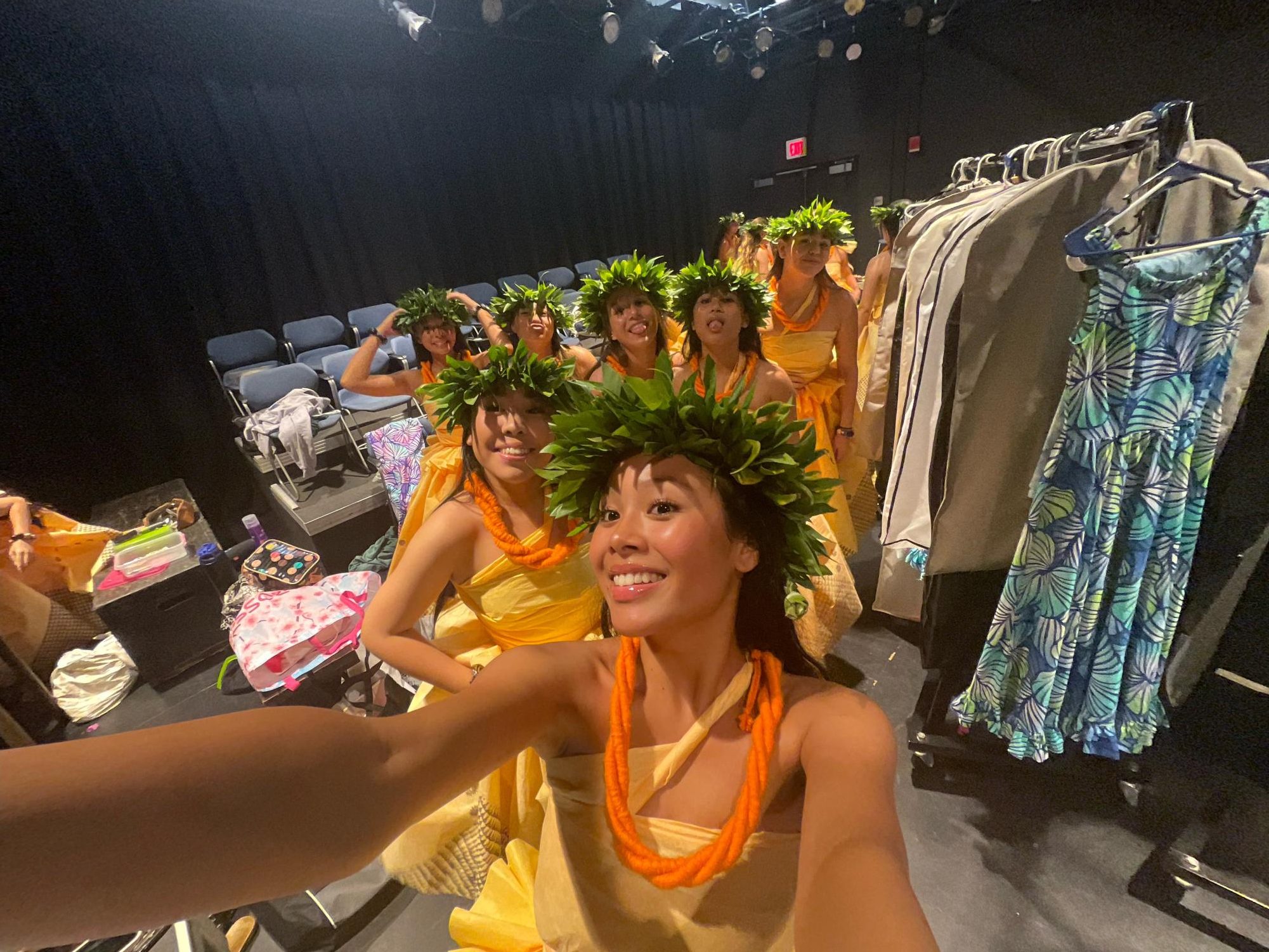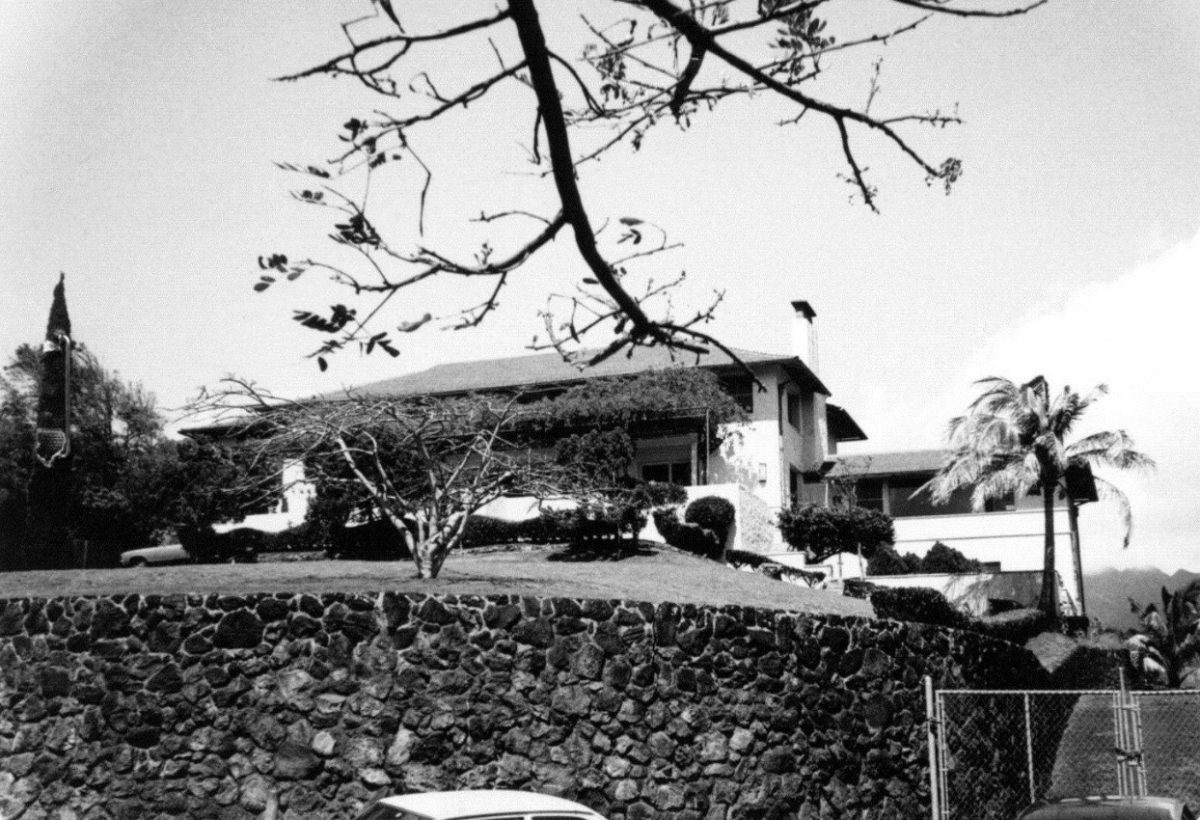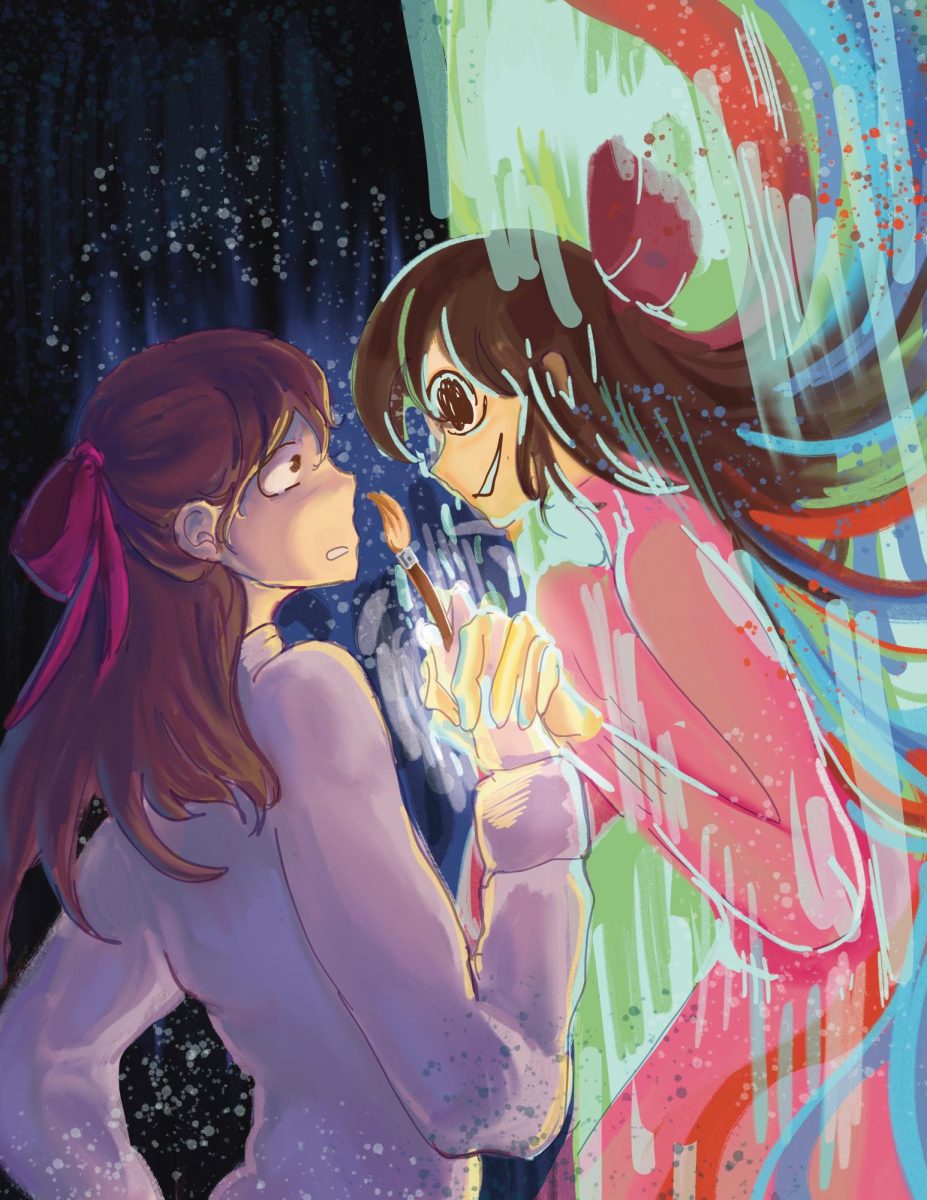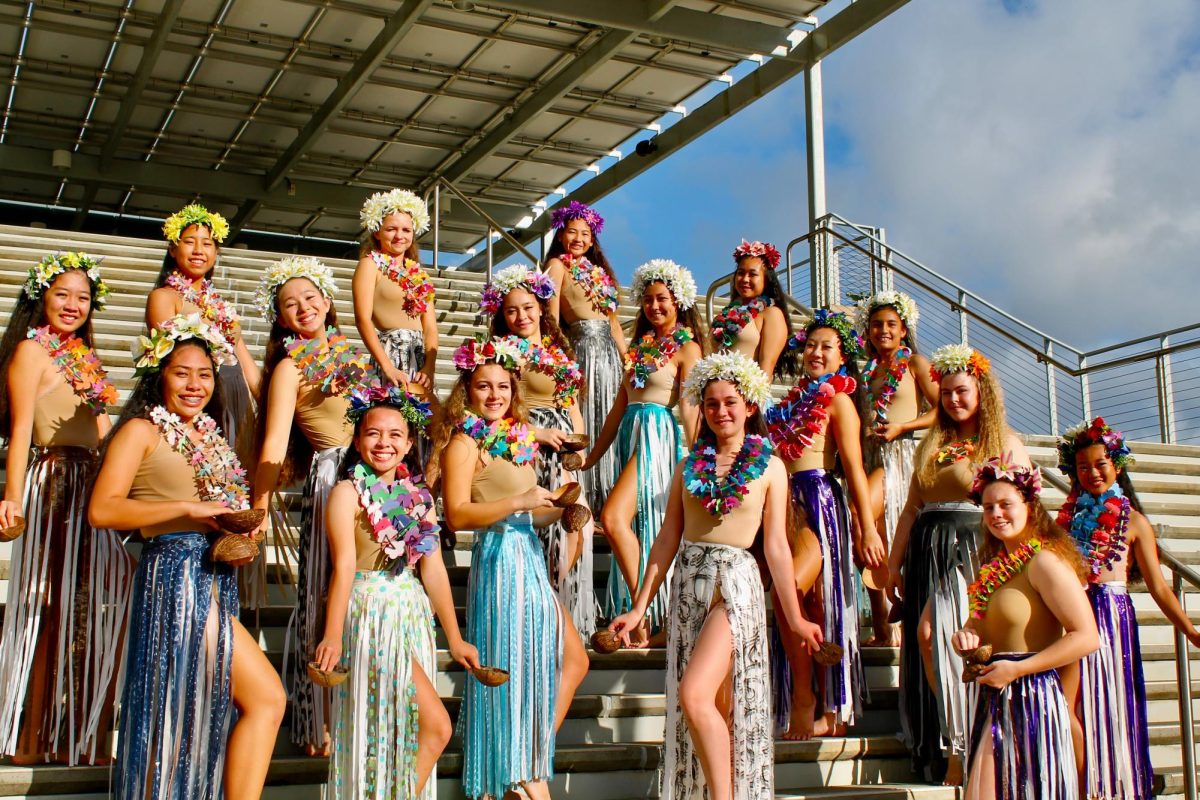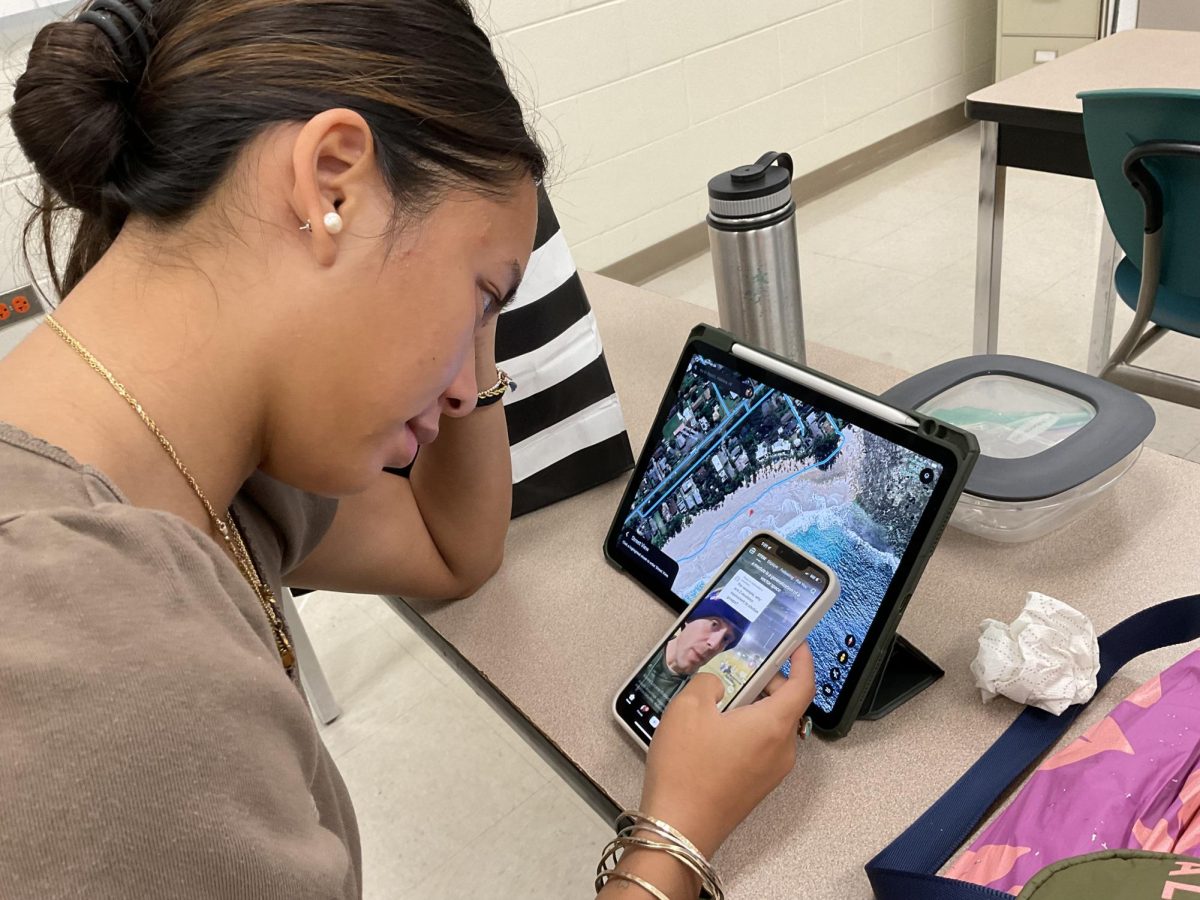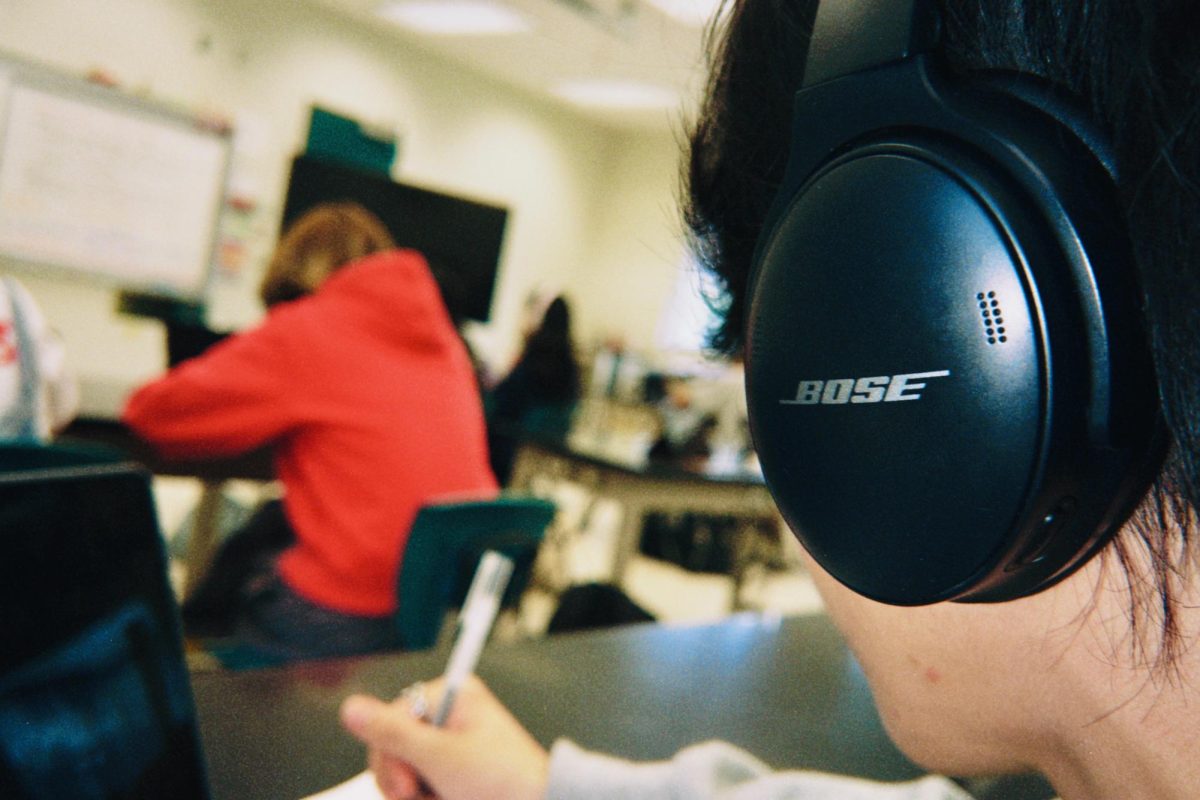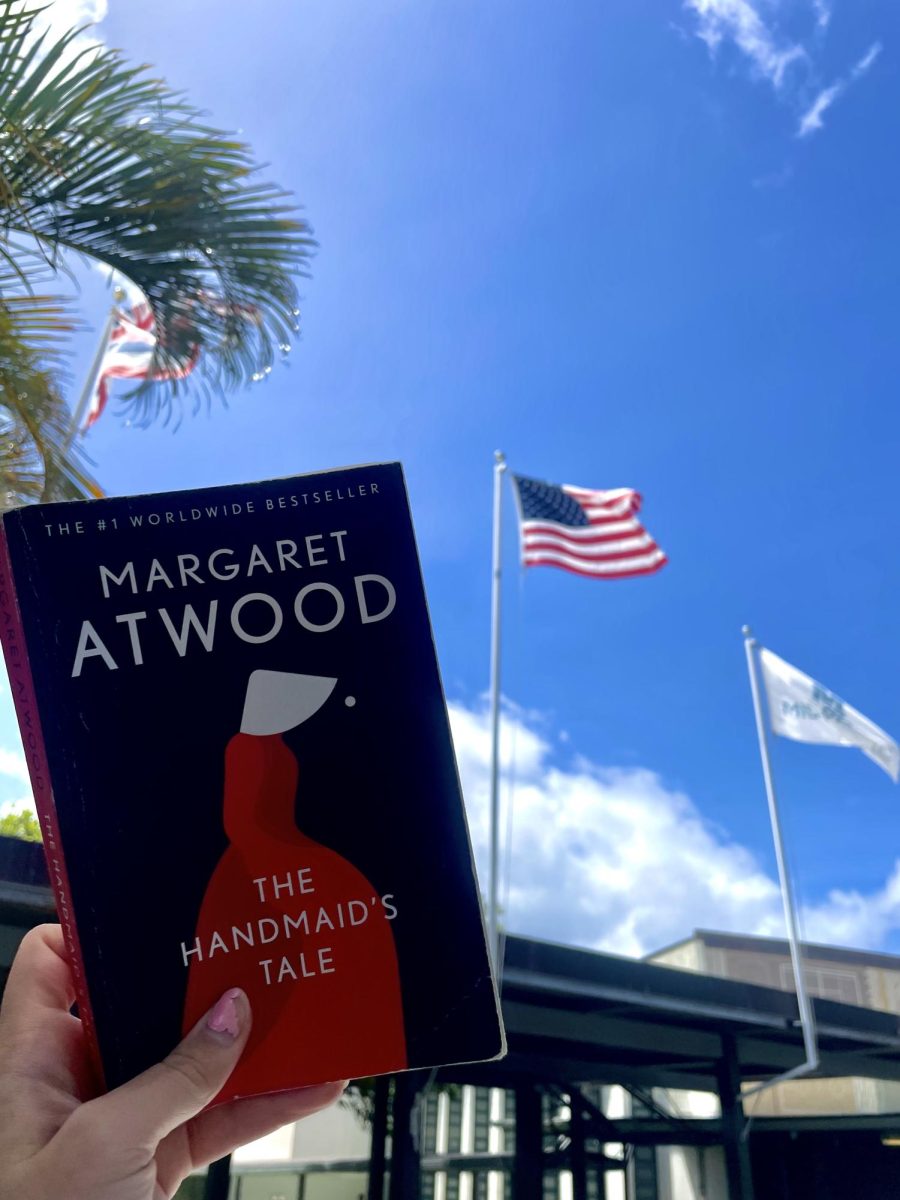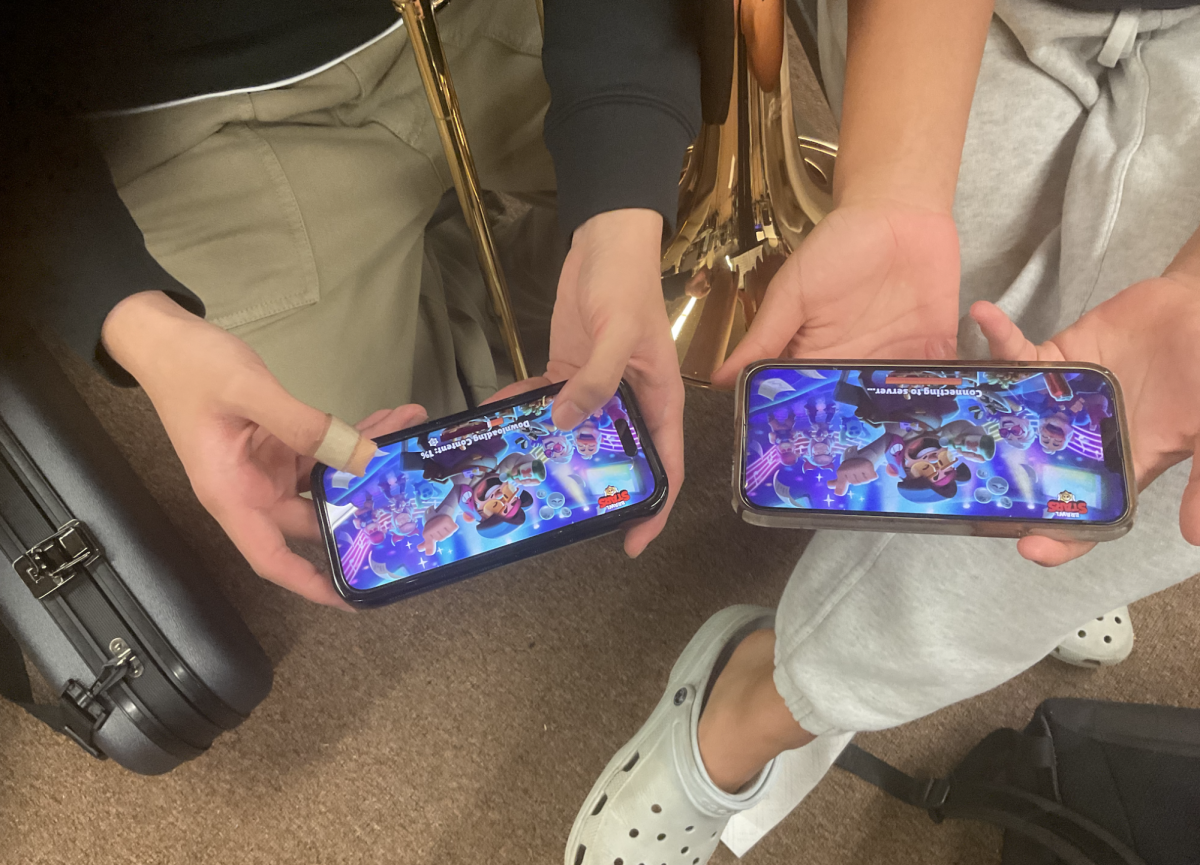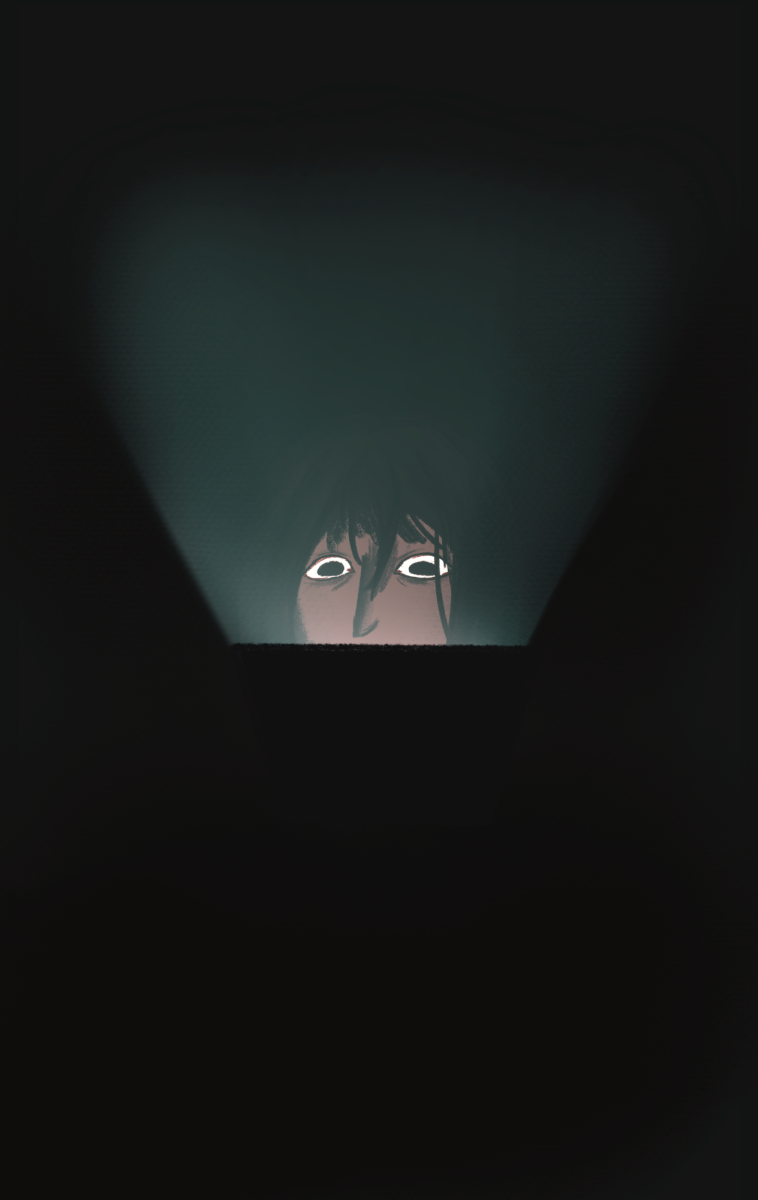With the famous hula festival “The Merrie Monarch” around the corner, the distinction between authentic Hawaiian hula and its Hollywood portrayal becomes even more evident.
Hula was once stereotypically seen as girls with coconut bras dancing in long grass skirts, but is that a real representation of the culture behind hula?
“Hula is a cultural practice from Ancient Hawaiian times that the people of the islands would dance,” sophomore Peyton Rente said.
Hula has been passed down from generations. It’s a form of dance that can be traced all the way back to the beginning of Hawaii. Native Hawaiians used hula as a form to tell stories and poems which held lessons about their people.
But as Hawaii slowly began to attract attention from the Hollywood movie industry, hula experienced a drastic change.
In these movies, hula was highly sexualized due to how much skin typical hula dancers would show. This created a cloud of lies over hula and limited the real representation that Native Hawaiians.
“Movies have had a big influence on hula and how people outside of Hawai’i perceive Hula, [it is] not always in the best light,” Mid-Pacific’s hula teacher, Michael Casupang (Lanakila) said.
Lanakila started teaching in the fall of 1988 and has been teaching at Mid-Pacific for 37 years. Since then he has explained that hula is often misinterpreted as Tahitian fire knife
dancing, which he states is something that needs to be undone.
The dances Lanakila teaches tell stories that have been passed down through lines of other Kumu that came before him. The motions in the choreography he teaches are the same as exchanging words.
Change a motion, and the entire story will be different. It’s because of this that the choreography has remained the same throughout his years as a hula kumu (hula teacher).
The stories that are portrayed through hula share lessons, important times in history, and describe images of beautiful Hawaii.
For sophomore Madi Okuno, Hula is a way to express her feelings through motions, telling a story and fostering a deeper understanding of Hawaiian culture.
“It’s dedication and motivation. While learning more about Hawaiian culture and It’s something that takes me back to my roots,” Okuno said
It’s crucial to recognize that dancing hula runs deeper than merely waving hands in the air. Instead it’s a rich part of Hawaiian culture that is actively challenging the stereotype.
These stories play key roles in keeping Native Hawaiian culture alive in today’s society. One way people maintain native Hawaiian culture is forming a strong sense of community.
“Hula means brother and sisterhood connecting with my friends,” sophomore Caleb Shum said.
These connections are strong.
“It’s like a second family,” Rente said.
Add photo of Elvis blue Hawaii *
Mele Hawaii:
My favorite mele hawaii is Hawaii 78 by Israel (Iz) Kamakawiwoʻole, released in 1993, because of the meaning behind his lyrics. In the song, his lyrics include Hawaii’s state motto, “Ua mau, ke ea o ka aina, i ka pono, o Hawai’i,” which means the life of the land is perpetuated in righteousness. The lyrics include important parts of Hawaiian history that I feel, as a Hawaiian, is my responsibility to know.
Iz was a famous Hawaiian singer who loved his people and his music. By releasing this song, Iz used his platform to educate those who did not know of Hawaii’s painful past. The lyrics “Cry for the land that was taken away” is a reference to how Hawaii was forced to become America’s 50th state on January 17, 1893. His goal was to share the history of Hawaii and break the stereotype that was placed over his home. Visitors that come from around the world view Hawaii as a tropical escape, a beautiful paradise or a new home, but very few know the story behind its broken kingdom. Iz wanted to share the real story of Hawaii instead of the sugar coated version that many had in mind like how some view hula.



